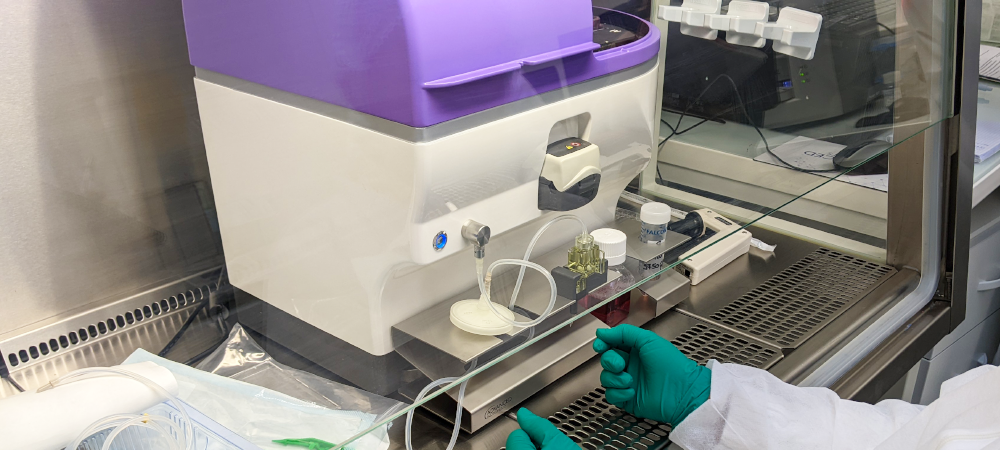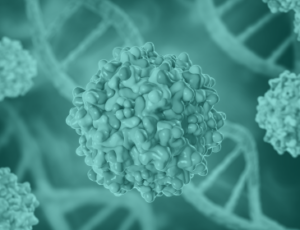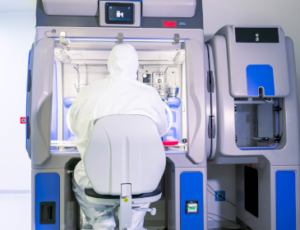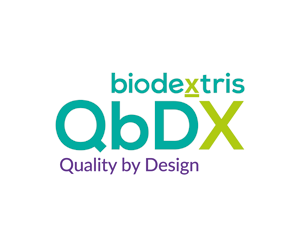Actualités et évènements

Clean Mails
Clean Biologics' News:
Single cell cloning, rAAV, Human Viral Challenge Agents...

Clean Cells, your partner for single cell cloning to cGMP cell banks
Single cell cloning is a central technique in cell biology to isolate and further propagate a single cell with specific genetic attributes. Crucial to research, where this process allows scientists to study cellular properties in a controlled setting, single cell cloning is also paramount to the biopharmaceutical industry, where cell substrates must show reproducible characteristics to ensure performance and safety through homogenous populations. Regulatory guidelines insist on demonstration of clonality through cell cloning as part of IND dossiers, in particular reference texts such as ICH Q5D, and EMA/CHMP’s “Guidance on Development, Production, Characterization, and Specifications for Monoclonal Antibodies and related Products (2008).
As a contract organization specializing in cGMP cell & virus banking and QC testing, Clean Cells knows the importance of qualitative cell line development. We thus implemented Solentim’s VIPS® PRO, a state-of-the-art single cell cloning platform to isolate potent clones and characterize the monoclonality of biotherapeutics producing cell lines, with an increased traceability as part of a regulatory compliant approach.
A comprehensive testing approach to rAAV vectors
Recombinant adeno-associated virus (rAAV) vectors have emerged as powerful, diverse and precise gene therapy tools, offering promising solutions to previously untreatable genetic disorders. As modified versions of naturally occurring AAVs, they can be harnessed for their ability to target specific tissues and cells by engineering their tropism. AAV vector testing thus needs a comprehensive approach to best meet key technical parameters of different serotypes. AAV vector quality control testing should include various tests to assess for purity, identity, biosafety and potency of rAAVs while taking into account process development (production context, choice of construct, etc.).
With a growing number of GMP and non-GMP assays and methods for AAV vector testing, Clean Cells continues to show flexibility in development and routine application, having partnered with several organizations worldwide to develop serotype-specific assays (AAV2, AAV5, AAV6, AAV8, AAV9). Our ability to generate chimeric AAV with a trusted partner and two detection platforms (HEK293 and HeLa) most notably allow us to quickly develop crucial assays such as replication competent AAV (rcAAV) testing for novel serotypes.
Extending biomanufacturing capacity for human challenge studies
Human challenge studies represent an exciting new modality to accelerate vaccine development by reproducing viral infection in a strictly controlled clinical environment. Using Controlled Human Infection Models (CHIM), the objective is to test prophylactic or curative options and gain valuable insights into a virus’ behavior in humans, thus tackling existing or emerging health threats.
Backed by a $1.87M (€1.7M) grant from the Bill & Melinda Gates Foundation, Naobios is proud to announce the extension of biomanufacturing capacities to generate viral agents for human challenge studies (or human viral challenge agents – HVCA), providing the support to this growing evaluation strategy.
Accelerating Success and Reducing Costs: The Impact of Quality by Design in Complex Biologics Development
In the realm of complex biologics development, the integration of Quality by Design (QbD) not only assures product quality but also emerges as a powerful driver for cost reduction and accelerated timelines. A systematic approach to development in biopharma, it emphasizes the integration of quality evaluation at every step, ensuring the production of safer and more effective drugs while optimizing resources. Unlike traditional post-production testing, Quality by Design proactively identifies and adjusts critical parameters and factors involved in development.
This brief discussion explores the pivotal role of QbD in achieving these dual objectives.



